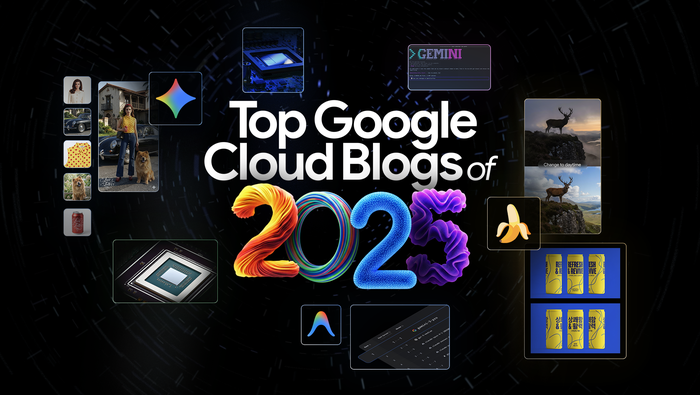A journey to the bottom of the internet

Natalie Dennis
a.k.a. Nat of Nat & Lo, Google Creative Lab
Depending on where you are right now, these words may have just zoomed thousands of miles, across the bottom of several oceans, at nearly the speed of light, to reach your screen. Yes. The. Internet. Is. Magic.
A few of months ago, my friend Lo and I were given a challenge by the YouTube channel What’s Inside. Could we get our hands on a chunk of an underwater internet cable, so they could attempt to cut it in half? We didn’t know how we’d do this, but figured there was a way (lots of emails). And of course, we were excited to find the answers to our own questions about these cables in the process.
Like, how many underwater internet cables are there? (More than 250 active, fiber optic cables that connect cities and data centers all over the world.) What’s the history of these cables? (The first transatlantic telegraph cable is more than 150 years old.) Do sharks really bite them? (Yes, but they don’t pose as big a threat as internet headlines might lead you to believe.) How much traffic can they handle? (The equivalent of 10 million YouTube videos a second.) How big are they? (Skinnier than a breakfast burrito.)
Our search for a cable took us to New Hampshire to visit one of the factories that creates them, as well as aboard a ship to see the Monet cable being loaded onto it. Our trip also taught us things we never knew to ask. For example, the internet smells like a freshly paved driveway. And when these cables are loaded onto the ship, they’re coiled by hand. Which means they’re literally walked the entire distance that they will eventually stretch. (In the case of the Monet cable, from Florida to Brazil.)
If you haven’t already, please watch the video version of this story above, so you can see for yourself what a fascinating, lengthy part of the internet these cables are. And if you’re curious about something else related to Google or how the internet works, I hope you’ll leave me a comment on YouTube, or send me a tweet. Not only will your words potentially travel thousands of miles and to the depth of the ocean to reach me, but maybe one day, I’ll get to travel to some far off corner of the internet to bring back an answer to you.
P.S. We also successfully completed our mission and delivered a chunk of cable to What’s Inside. To see whether or not they could cut this cable in half, check out their video.



